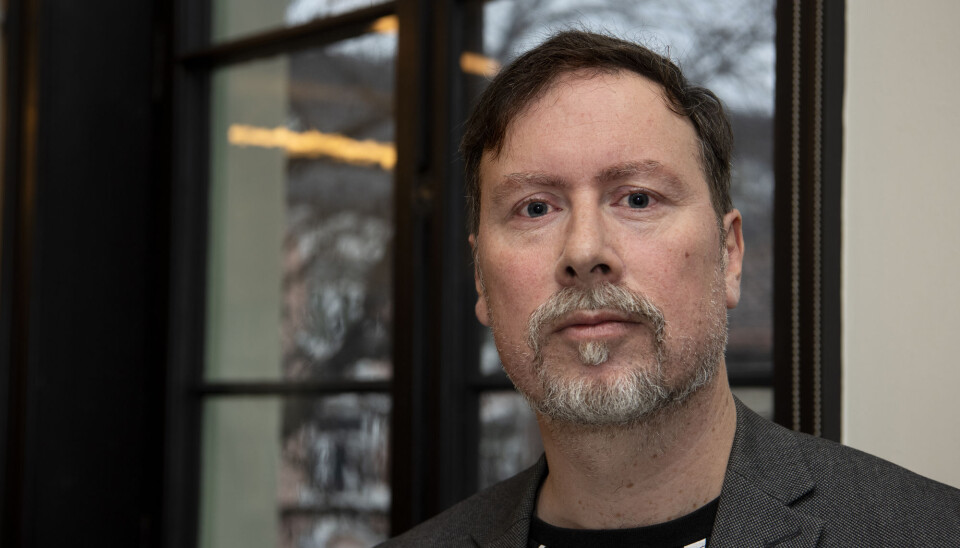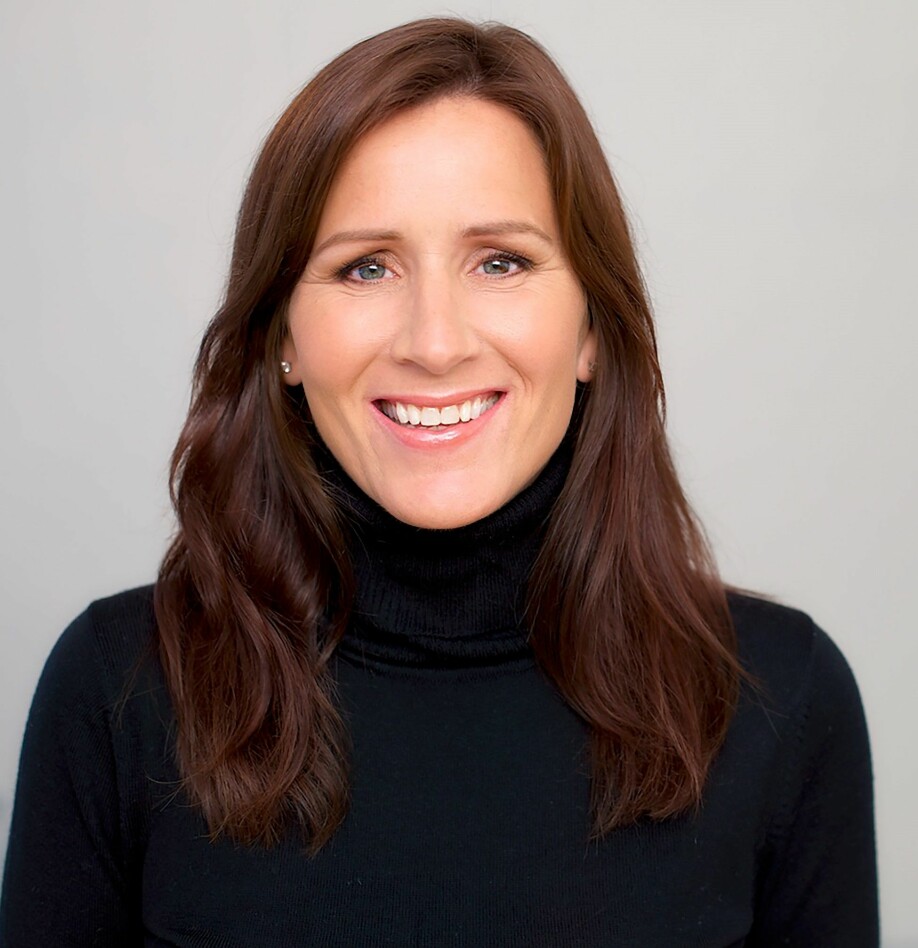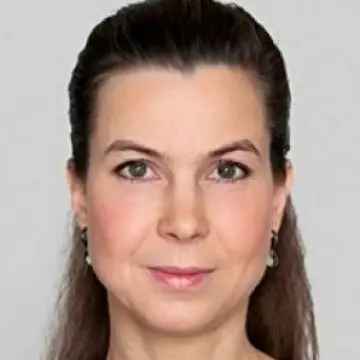
Controversial CFS/ME study loses ethical approval due to conflict of interest
"The project's greatest weakness is the PhD candidate’s active role in all stages of the project," the research ethics committee writes in its decision.
In December 2020, sciencenorway.no wrote about a study that provoked controversy.
The study is part of a doctoral project that investigates the effect of the Lightning Process treatment on patients with chronic fatigue syndrome/ME.
However, the study provoked reactions. Several reports of concern were received by the Regional Committees for Medical and Health Research Ethics (REK), a body that assesses whether studies on patients are ethically sound.
REK nonetheless approved the study in 2020.
A number of complaints were voiced following the decision, both from private individuals and from several associations for CFS/ME patients and relatives. The Norwegian ME-association sent a formal complaint to the National Committee for Medicine and Health Research Ethics (NEM).
NEM has now decided that REK's approval will be revoked. The study thus no longer has ethical approval.
"Based on the combined assessment of the project's design and the conflict of interest related to the PhD candidate, (…) NEM considers that the project is not to be regarded as justifiable and cannot be conducted in its current form."
sciencecnorway.no has contacted Professor Leif Edward Ottesen Kennair at NTNU’s Department of Psychology, who is responsible for the research project.
Kennair does not perceive the proceedings as closed.
“We will respond to NEM. Then we’ll wait for their answer to our response,” Kennair writes.
He is responding to NEM despite the fact that the committee has stated that the decision is final and cannot be appealed.
Points to conflict of interest
Lightning Process is a three-day course that aims to improve health by ending damaging thought patterns in the patient. The method uses elements from various techniques in psychology such as behavioural therapy and positive psychology, and from alternative treatments like neurolinguistic programming.
The Lightning Process technique was developed by British osteopath Phil Parker. It is trademarked and can only be performed by instructors trained in England.
The doctoral candidate behind the Norwegian study, Live Landmark, has such a license. She has held Lightning Process courses in Norway since 2008. The course costs NOK 21 000.
According to NEM, Landmark thus has a conflict of interest in the project.
RELATED: Study on Lightning Process-course for CFS/ME patients raises controversy
Active role in all stages
"The project's greatest weakness is the PhD candidate's active role in all stages of the project, and the conflict of interest that arises because the candidate has a strong business interest in the project yielding positive results," the NEM decision states.
It is not uncommon for research to be conducted by researchers who have a financial or other personal interest in the results. In such cases, it is particularly important to set up the study in a way that prevents the results from being influenced by this interest.
NEM believes this issue has not been well enough addressed in the study. The committee notes in particular that Landmark herself is responsible for selecting participants, based on her own subjective assessments after a conversation with the patient.

"There’s a possibility that this method could lead to only including applicants in the study who initially have the greatest potential for improvement," writes NEM.
“NEM believes that the measures implemented in the project are not adequate to reduce the conflict of interest and create confidence in the results of the research. In that case, the research will not have the necessary potential for societal benefit," NEM writes
Landmark declined to comment on the decision from NEM, but referred sciencenorway.no to Kennair.
Didn’t think commercial interests would pose a problem
Kennair writes only that the research group intends to respond to the decision from NEM.
When discussing the complaints about the project in December 2020, the professor thought Landmark’s commercial interests in the study were not problematic.
He believed the study was designed in such a way as to prevent the PhD candidate from influencing or having access to the data during the collection.
“We state very clearly that commercial interests exist in this study. Other studies often don’t announce this openly. But this isn’t unusual. Anyone who develops methods or sells books can make money from good study results,” Kennair said in 2020.
Won’t create trust
NEM believes that the conflict of interest in the case will make it difficult for Landmark to be the spokesperson for the results of the study, regardless of the outcome.
"For the public to listen and have confidence in the research results, it’s important for there not to be any doubt that the researcher is primarily guided by a desire to gain new knowledge in an objective and trustworthy way," NEM writes.
NEM believes that the institution responsible for the research, in this case NTNU, has a special responsibility to avoid placing PhD candidates in such a difficult situation.
Type of treatment itself might affect responses
Another weakness is the way the results of the treatment are to be measured, NEM writes.
A significant part of the treatment evaluation is done using a questionnaire. Patients state how they experience different aspects of their own health.
Such subjective measurements are a common and recognized way of assessing the effects of psychological treatment.
In this study, however, it is conceivable that the treatment itself could affect how the patient responds, regardless of the actual change in symptoms. The treatment includes changing the way you think and talk about your own illness, according to the committee.
"As NEM sees the intervention, a central part of what the participants learn will be to ignore negative symptoms and to focus on positive experiences," the decision states.
This could colour participants’ responses on the questionnaire following the course, writes NEM.
The study was also planning to obtain information from the Norwegian Labour and Welfare Administration(NAV) about increased participation in study or work settings. NEM believes the project would have been strengthened if such objective assessment measures had been included in the evaluation.
Not all complaints supported
The individuals and organizations that submitted complaints about the study believed there were other weaknesses in the project. However, not all the complaints were supported by NEM.
For example, the study was to use a so-called waiting list control design, where the control group consists of patients on a waiting list who receive treatment a little later than the treatment group in the study. In this case, the control group was to receive the course ten weeks after the treatment group had received it.
This type of design is able to show differences between the groups during the first ten weeks, but does not provide definitive data about long-term effects.
However, this design model is widely used in therapy research.
"NEM has no objections to the choice of such a design," the decision states.
NEM not negative toward researching the method
Another concern in the complaints was that the treatment could be harmful to the patients.
Participants who do not experience improvement from the course, for example, might feel that the disease is their own fault. Concern was also expressed that increased activity in connection with the course could lead to physical deterioration.
These complaints were not upheld by NEM.
"The project has established a monitoring committee and an emergency group that includes a specialist in psychology and a psychiatrist, and NEM believes that the preparedness to deal with any potential harm is satisfactory," the research ethics committee writes.
NEM is also not against research being done on the Lightning Process in general.
"NEM believes that the field has not been fully explored, and is generally not against research in the field," they write.
Translated by: Ingrid P. Nuse
———
Read the Norwegian version of this article on forskning.no

































